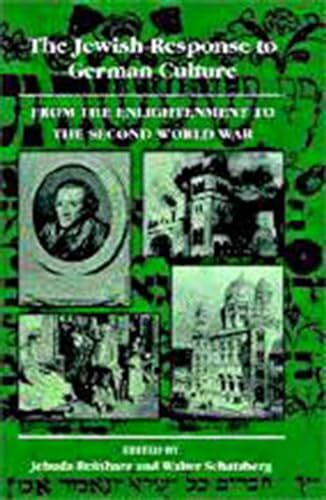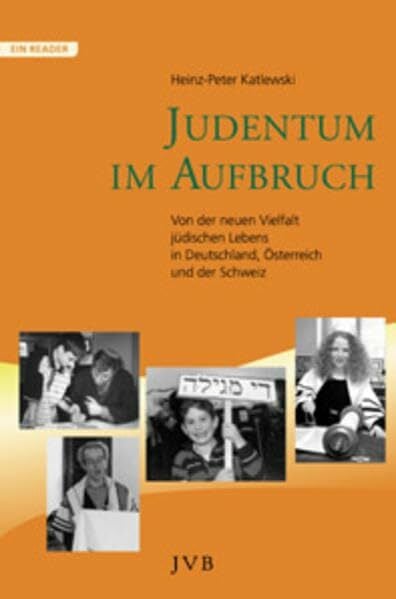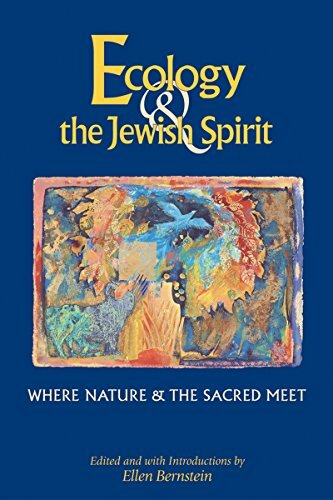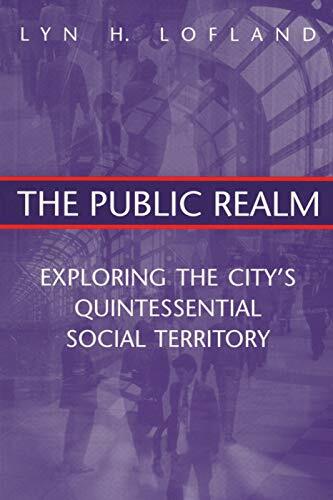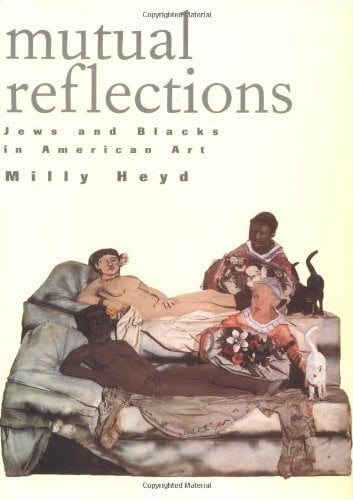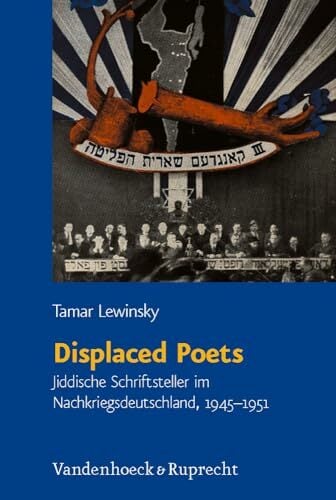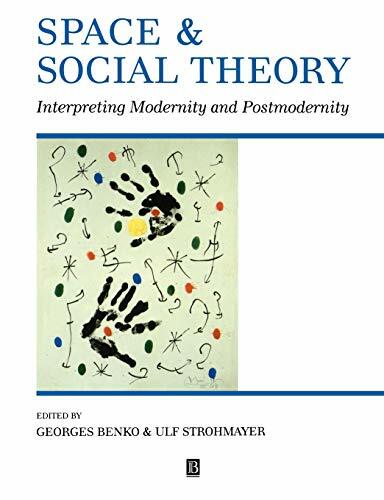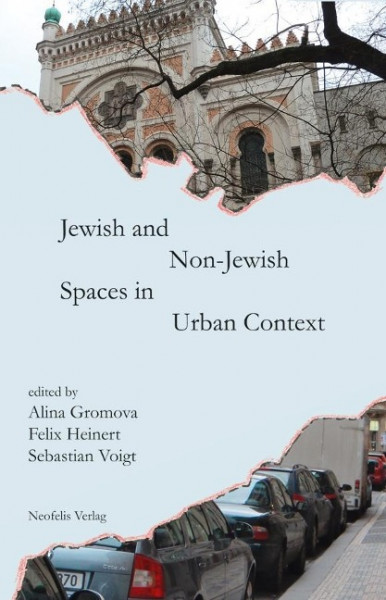
Jewish and Non-Jewish Spaces in the Urban Context
Kurzinformation
inkl. MwSt. Versandinformationen
Artikel zZt. nicht lieferbar
Artikel zZt. nicht lieferbar

Beschreibung
The unifying thread of the interdisciplinary volume Jewish and Non-Jewish Spaces in the Urban Context is the fact that Jewish spaces are almost always generated in relation to non-Jewish spaces; they determine and influence each other. This general phenomenon will be scrutinized and put to the test again and again in a varied collection of articles by international experienced researchers as well as junior scholars using various urban contexts and discourses as data. From the viewpoints of different temporal and regional research traditions and disciplines the contributors deal with the question of how Jewish and non-Jewish spaces are imagined, constructed, negotiated and intertwined. All examples and case studies together create a mosaic of possibilities for the construction of Jewish and non-Jewish spaces in different settings. The list of examined topics ranges from synagogues to ghettos, from urban neighborhoods to cafés and festivals, from art to literature. This diversity makes the volume a challenging effort of giving an overview of the current academic discussion in Europe and beyond. Although the majority of the contributions are focused on Central and Eastern Europe, a more general tendency becomes apparent in all articles: the negotiation of urban spaces seems to be a complex and ambivalent process in which a large number of participants are involved. In this regard, the volume would also like to contribute to trans-disciplinary urban studies and critical research on spatial relations. von Ciesla, Maria
Produktdetails

So garantieren wir Dir zu jeder Zeit Premiumqualität.
Über den Autor
Alina Gromova studierte Jüdische Studien und Anglistik in Berlin, Potsdam und Melbourne. 2013 schloss sie ihre Promotion über die russischsprachigen Juden in Berlin ab, für die sie den Humboldt-Preis im Bereich Judentum/Antisemitismus erhielt. Während der Promotion arbeitete sie als Guide im Jüdischen Museum Berlin und baute eine Stiftung zur Förderung jüdischer Frauen mit auf. Sebastian Voigt lebt in München und Leipzig und ist Wissenschaftlicher Mitarbeiter am Institut für Zeitgeschichte in München. Er studierte Geschichte, Deutsch, Philosophie und Pädagogik in Freiburg im Breisgau, Amherst/Massachusetts und Leipzig. Von 2003 bis 2012 war Voigt am Simon-Dubnow-Institut für jüdische Geschichte und Kultur an der Universität Leipzig tätig. Von 2009 bis 2012 war er Promotionsstipendiat der Hans-Böckler-Stiftung und hat im Jahr 2013 erfolgreich seine Dissertationsschrift zum Thema "Zwischen Résistance und Holocaust. Zur Erfahrungsgeschichte von Pierre Goldman, Daniel Cohn-Bendit und André Glucksmann im Nachkriegsfrankreich" verteidigt. Derzeit arbeitet er zur Genese und Transformation europäischer Wissensgesellschaften.

- paperback
- 288 Seiten
- Erschienen 2005
- Routledge
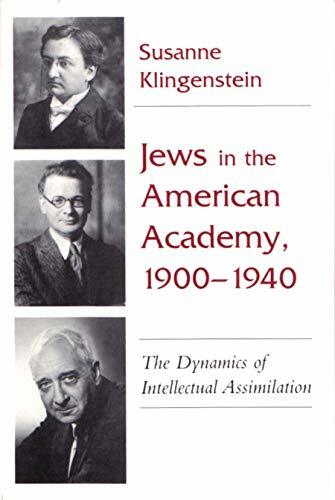
- paperback
- 272 Seiten
- Erschienen 1998
- SYRACUSE UNIV PR

- Kartoniert
- 200 Seiten
- Erschienen 2017
- Hentrich und Hentrich Verla...

- Kartoniert
- 350 Seiten
- Erschienen 2017
- Hentrich und Hentrich Verla...

- hardcover
- 276 Seiten
- Erschienen 1990
- Harvard University Press

- hardcover
- 233 Seiten
- Erschienen 1990
- Aventinum

- hardcover
- 160 Seiten
- Erschienen 2008
- NAI010 PUBL

















